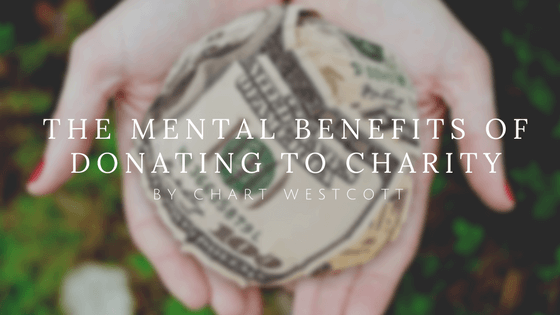We all know that donating to charity helps you feel good. That feeling we get when we donate, whether it be our time or our money, is known as the “helper’s high.” However, there is scientific research that proves that giving back has a multitude of benefits to the giver and their health. The sense of satisfaction you feel varies, but there is no denying the research that proves that there are mental benefits to charitable giving. Let’s take a look at some of these benefits that come with donating to charity.
Lowers Stress
According to a study from Liz Dunn, a social psychologist, showed that being stingy and then feeling ashamed of being stingy can cause higher levels of the stress hormone cortisol. Scientific American reported the findings of this study. It looked at the cortisol levels in response to giving away money versus choosing to keep the money for yourself. In the study, the people who chose to keep more money for themselves felt greater shame, thus increasing their cortisol levels. So, by taking a more generous mindset, you are likely to reduce these cortisol levels and thus experience less stress. Now, while some stress can be good, when you experience chronically high levels of stress, it can lead to a number of health problems.
Longer Life
Volunteering and donating can even extend one’s life. Many surveys conducted have come to the conclusion that people who regularly donated and volunteered their time showed fewer signs of mortality against their peers who did not. These results favored long-term charity work rather than donating spare change sparsely. However, the participants in these surveys still felt much better about their lives and were excited about their futures as well. Another study from the University of Buffalo linked giving and unselfishness to a lower risk of early death. Their findings showed that by helping others, you could decrease your mortality risk.
Overall Mental Health
In 2013, a review of 40 studies that looked at the effect of volunteering on general health and happiness found that these acts not only improved overall well-being and satisfaction of life but also decreased depression. In the review, the researchers wrote, “since people reporting stronger social relationships have a reduced risk of mortality, the social aspects of volunteering may contribute to the observed survival differences. Taken together, this review suggests that bio-social and cultural factors may influence both a willingness to engage in volunteering, as well a the benefits that might accrue.” So, through charitable giving and volunteering, one can experience more satisfaction in their life which may entice them to continue these actions.

